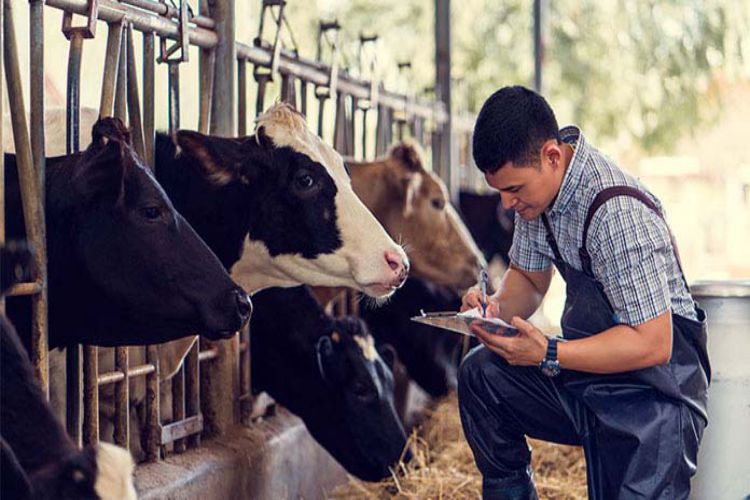 When looking at getting into the livestock business, there are many things to think about. One of the most important is your financial options. There are many different ways to finance your operation, and each has its benefits and drawbacks. This article will discuss some of the most common tips for choosing your financing options for Livestock.
When looking at getting into the livestock business, there are many things to think about. One of the most important is your financial options. There are many different ways to finance your operation, and each has its benefits and drawbacks. This article will discuss some of the most common tips for choosing your financing options for Livestock.
-
Know your options
There are a lot of different financing options available for livestock operations. Before making any decisions, you must know all of your options and how they work. It helps to make the best decision for your operation. The common options include:
Bank loans are the most common loan used to finance livestock operations. They can be used for various purposes, including buying land, buildings, and equipment.
Government programs: A variety of government programs can help finance your operation. These include the Farm Service Agency, the Natural Resources Conservation Service, and the Small Business Administration.
Equipment financing: This type of loan can finance the purchase of new or used equipment.
Private loans: These are loans that private individuals or companies make. They can be used for various purposes, including buying land, buildings, and equipment.
-
Consider your needs
When considering your financial options, it is crucial to consider your needs. You need to think about what you need the money for and how much you need. It will narrow down your options and make the best decision for your operation. For instance, if you need money to buy land, you must look at options that allow you to finance the purchase.
-
Consider your financial situation
Another critical factor to consider is your financial situation. You must consider your current financial situation and how the loan will impact it. This includes things like your credit score, your income, and your debts. This will assist you to decide if you can afford the loan and if it is the best option for your operation. Also, remember that your financial situation can change over time, so you need to be prepared for that.
-
Compare interest rates
When looking at loans, it is essential to compare the interest rates. It helps to find the best deal and save money on your loan. However, instead of comparing interest rates, make sure to compare annual percentage rates (APR). The APR includes fees and other costs, so it is a better measure of the loan’s actual cost. In addition, be sure to compare loans with fixed interest rates rather than variable interest rates. This will assist you to lock in a low rate and avoid increases in the future.
-
Consider the terms of the loan
You should also consider the terms of the loan when choosing your options. The terms of the loan include the length of the loan, the interest rate, the repayment schedule, and any fees. Understanding all of these things is essential before you agree to a loan. It will ensure you to afford the loan and that it is the best option for your operation.
-
Get quotes from multiple lenders
Getting quotes from multiple lenders is essential when you are looking for a loan. It will help you compare interest rates, terms, and other factors. It is also a good idea to talk to each lender about your operation and what you are looking for in a loan. It will make sure that you are getting the best deal possible.
-
Choose the right lender
It is also important to select the right lender for your operation. You need to choose a lender you can trust and with experience working with livestock operations. It will help you to get the best loan possible and avoid any problems down the road. You can ask your friends, family, and other farmers for recommendations. You can also check out online reviews.
-
Get expert advice
If you are still unsure what to do, it is a good idea to get expert advice. There are a variety of organizations that can help you with your financial decision. These include the Farm Service Agency, the Natural Resources Conservation Service, and the Small Business Administration. You can also talk to your local Cooperative Extension office. They can provide you with information about financial programs and resources that are available to farmers.
Author’s Bio:
 with her on email – [email protected] or visit her website www.lisaeclesworth.com
with her on email – [email protected] or visit her website www.lisaeclesworth.com


